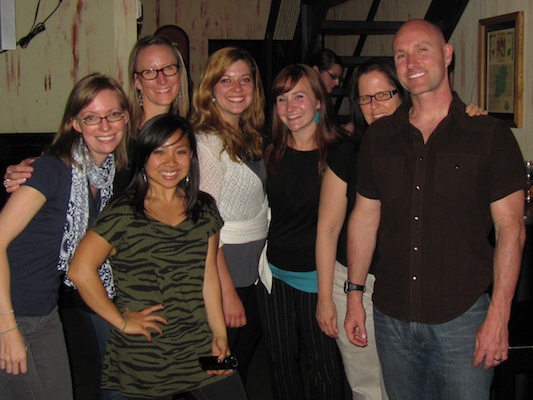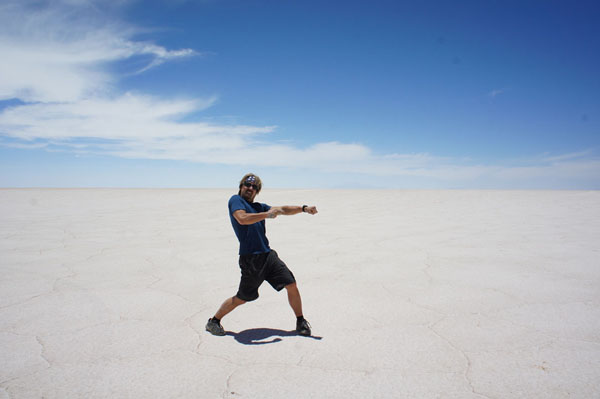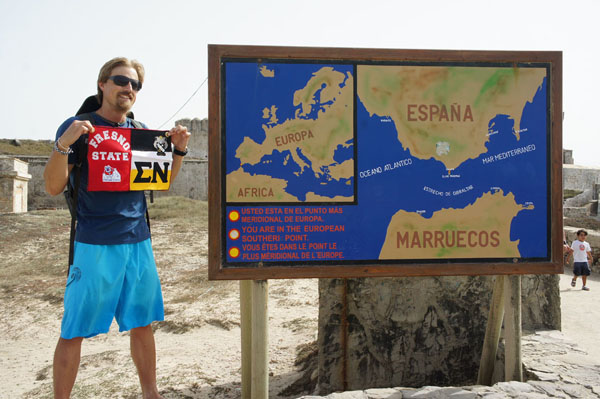It IS possible to save the $’s to take a career break. Where do you start? We interviewed a few financial experts about how to go about saving for your break. Sit back and be inspired!
What’s Your Number? featuring Career Break Vets Warren and Betsy Talbot:
We know that MOST Financial Advisors would tell you that you are crazy for wanting to take break from work to travel. After all, it will cut into your retirement savings; however financial expert, Debbie Whitlock, doesn’t think you are crazy. In fact – she’ll give you advice on how to go about financially planning for such a big trip. She understands the desire to take a break and won’t talk you out of it!
Sherry Ott talks with Financial Advisor Debbie Whitlock about how to start saving, tracking your spending, and creating a budget for both your career break and re-entry without dipping into your retirement funds. (Runtime – 14:04)
Transcript Part 1
1:10 – How far out do you have to start financial planning for a career break? Depends on:
– Debt carried
– Current cash reserve
– How much stuff you have
– How long is the break
– Must do your research first!
– Overall range is 9 to 24 months to start saving
4:25 – What are the steps to creating a career break financial plan?
– Budget – you have to know inflow and outflow of your money presently
5:55 – Find the missing money, it can become the key to the kingdom!
6:40 – Track every penny for 30 days
7:55 – Start making changes in spending – alternative ways to socialize
9:00 – Look at your current cash position and what it is allocated for
10:15 – Figure out where you are going to travel and create your daily travel budget
10:55 – Don’t over look the cost of re-entry
12:00 – Don’t go backwards! Once you identify where you can cut back – don’t absorb it back into your life – keep it separate!
13:10 – The planner vs. the non-planner
– There are different types of people who go into career break travel; however both types still need to do a little front-end work when it comes to budget.
FINANCIAL PLANNING – PART 2
Sherry & Debbie discuss some financial myths, how to supplement your income on the road, budgets for different circumstances and working with your financial advisor. (Runtime – 13:39)
Transcript Part 2
00:10 – Do you have to sell everything you own or dip into retirement money? It is an extreme to sell everything you own, and not always necessary.
1:15 – Take a balanced approach which may mean a bit of delayed gratification and more thoughtful planning.
2:40 – You can consider working during the career break to support your travel budget
3:50 – What if you have kids or a spouse/partner – do you need to financially plan differently?
5:00 – Need to consider what the potential additional costs with kids
6:45 – How do you engage your current financial advisor in this career break discussion?
8:10 – What do you do if your advisor doesn’t think it’s a good idea?
9:15 – Meet with your advisor regularly and consider how you will communicate when you are on the road.
10:50 – How do you know that you have the right financial advisor to be your partner in this venture?
12:30 – We are a different generation and therefore we look at things differently – including our finances.
















